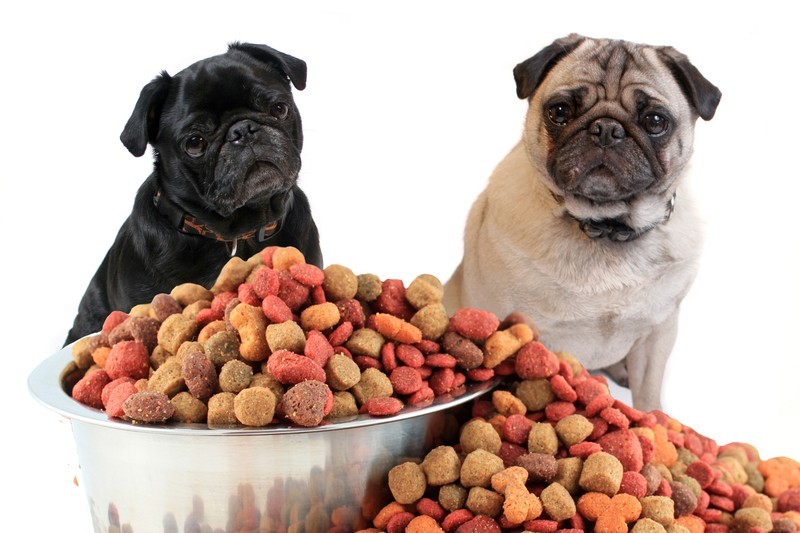We need to really read and focus on what is on dog food packaging. But do we really know what we are looking for? What should our pups be consuming
1. Water is the most important nutrient. Essential to life, water accounts for between 60 to 70 percent of an adult pet’s body weight. While food may help meet some of your pet's water needs (dry food has up to 10 percent moisture, while canned food has up to 78 percent moisture), pets need to have fresh clean water available to them at all times.
2. Proteins are the basic building blocks for cells, tissues, organs, enzymes, hormones and antibodies, and are essential for growth, maintenance, reproduction and repair. Proteins can be obtained from a number of sources. Animal-based proteins such as chicken, lamb, turkey, beef, fish and egg have complete amino acid profiles.
3. Fats are the most concentrated form of food energy, providing your pet with more than twice the energy of proteins or carbohydrates. Fats are essential in the structure of cells and are needed for the production of some hormones. They are required for absorption and utilization of fat-soluble vitamins. Fats provide the body insulation and protection for internal organs.
4. Carbohydrates provide energy for the body’s tissues, play a vital role in the health of the intestine, and are likely to be important for reproduction. While there is no minimum carbohydrate requirement, there is a minimum glucose requirement necessary to supply energy to critical organs (i.e. the brain). Fibers are kinds of carbohydrates that modify the mix of the bacterial population in the small intestine, which can help manage chronic diarrhea. For dogs to obtain the most benefit from fiber, the fiber source must be moderately fermentable.
5. Vitamins are catalysts for enzyme reactions. Tiny amounts of vitamins are essential to dogs for normal metabolic functioning. Most vitamins cannot be synthesized in the body, and therefore are essential in the diet.
6. Minerals are inorganic compounds that are not metabolized and yield no energy. These nutrients cannot be synthesized by animals and must be provided in the diet. In general, minerals are most important as structural constituents of bones and teeth, for maintaining fluid balance and for their involvement in many metabolic reactions.
Some dog owners feel that giving their pets vitamin supplements is an option but they are really unnecessary unless a vet recommends them for a nutrient derived pooch. Honestly, a dog should be getting all he needs in their dog food.
For more information regarding the above lists, go to the ASPCA. There you will learn more about amino acids, essential fats, fiber and the repercussions of eater loss.
If we keep our pup healthy they will reward us with long, happy lives!











Frida Fonseca
- Edit
Brenna Swanson
Zachary Armstrong
- Edit
Eva De Leon